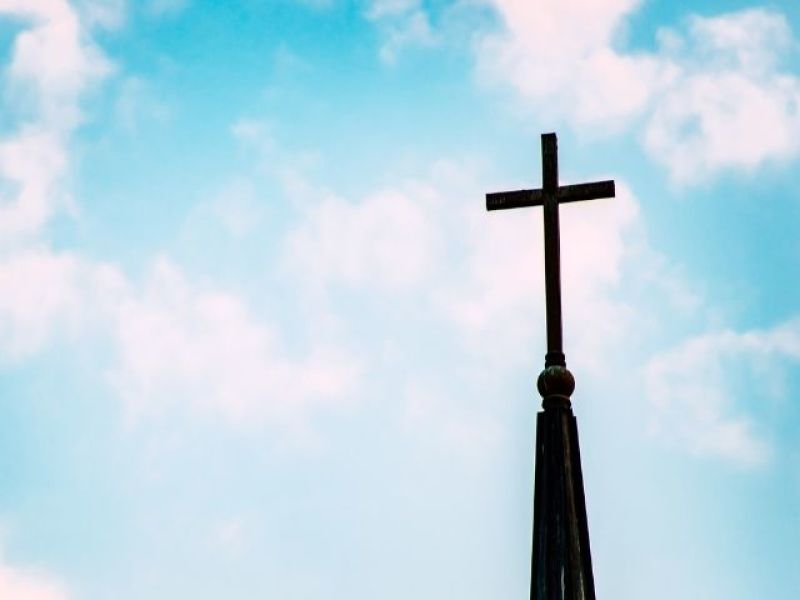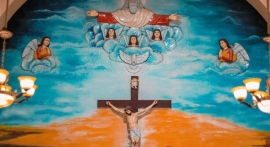
Congregations across the U.S. found new ways to repurpose shuttered churches, becoming beneficial not for just the church but to the whole neighborhood.
Lifeway Research reported, there were 4,500 Protestant churches closed against the approximately 3,000 Protestant churches that were planted in their 2019 study. U.S. Protestant churches started the year 2020 with fewer congregations primarily caused by the COVID-19 pandemic.
According to Ed Stetzer, executive director of the Wheaton College Billy Graham Center, the results provide a "clarifying reminder to American Christians." Though there are low numbers of church planting while high church closures were reported, Stetzer is still positive about the opportunity of the situation. For him, the results showed "people are searching spiritually and the gospel is the answer."
Rev. Albert Hung, district superintendent for the Church of the Nazarene experienced the same concerns many church leaders faced. He said in an article fromThe Roys Report, "Too many churches. Not enough people," the report said.
Few churches out of 90 congregations in the Northern California district Rev. Hung handles have more than 100 people. This resulted in a number of churches in the district closing and leaving empty pews and shuttered churches. According to them, those congregations were aging, shrinking, and often disconnected from their neighbors.
Despite the glooming situation Rev. Hung faced, he insisted to turn these sacred spaces for the people of God can use in different creative ways.
For long years, the building served as a home to First Church of the Nazarene in Santa Cruz, now the space has been utilized after its longtime pastor retired. The Church of Nazarene in Santa Cruz partnered with a nondenominational congregation to make a shuttered church building into a community center for a number of nonprofits. Aside from this, they also rented space to the Faith Community Church of Santa Cruz.
During the COVID-19 pandemic, Faith Community Church utilized its space "to run a food ministry and to host mobile medical clinics and a vaccination site in the parking lot."
"The idea is to use the space for the benefit not just of the church but the entire neighborhood," FCC Pastor Andy Lewis said. "We have to rethink how we use physical spaces so we can be a presence of love in the community," he added.
"There were thousands of churches in the country that have closed and will likely close in the years to come," said Dominic Dutra.
Dutra is the author of the book "Closing Cost" which tackles how church property can be repurposed. According to him, church leaders were often late to discuss what to do with their building. "I've had situations where buildings are empty and they have no plan at all," he said. He encouraged church leaders to be proactive regarding the matter to turn billions of dollars in church property be put into works of the ministry.
He worked with many religious groups including the Nazarenes in Oakland. The church building was sold to a growing Korean congregation named EIKON.
Pastor Albert Lee of Regeneration Church acquired their current building in Oakland from the older Baptist Church. He had mixed feelings when his congregation just bought the building onset of the pandemic. Regardless of the situation, it allowed them to run a "homeless ministry" and offered English as a Second Language to the refugees.
Just like any order of Catholic nuns, Sisters of the Holy Family were also planning to shut down their buildings due to nuns declining in numbers and old age. "Planning for the future has been a blessing and a time of grief," said Sister Gladys Guenther, the president of Sisters of the Holy Family.
"One would presume that all of this change is part of God's plan, too. It might not be my preferential plan if I were informing God of what I would like to see happen. But you know what - life is filled with things you thought you could never do or even imagine," she ended.
















